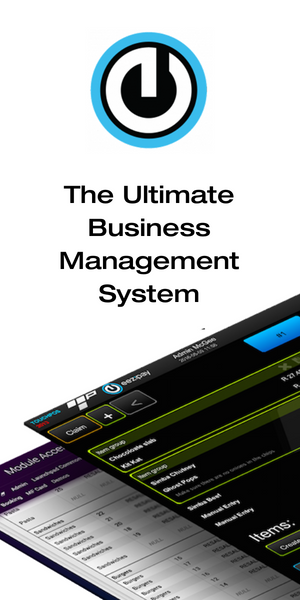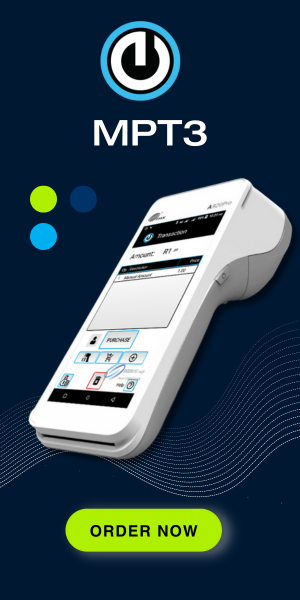Choosing the Right Smart Mobile POS for Your Business: A Buyer’s Guide
In today’s fast-paced business environment, selecting the right smart mobile POS (Point of Sale) system is crucial. It can redefine customer experience, streamline operations, and boost sales. This comprehensive guide is designed to help you choose the best smart mobile POS system tailored to your business size, industry, and specific needs.
Understanding Smart Mobile POS Systems
A smart mobile POS system is a combination of software and hardware that manages sales transactions and operational processes. Unlike traditional systems, smart mobile POS devices are portable, feature-rich, and offer real-time data analytics. They are ideal for various business settings, from retail to hospitality.
Assessing Your Business Needs
Before choosing a smart mobile POS, assess your business needs:
- Business Size: Small businesses might need a simple, cost-effective solution, while larger enterprises may require a more robust system with advanced features.
- Industry Specifics: Different industries have unique requirements. For instance, a restaurant might need a POS with table management features, while a retail store may prioritize inventory management.
- Budget Constraints: Determine your budget for both upfront costs and ongoing expenses. Some smart mobile POS systems offer a subscription model which may be more financially viable for small businesses.
- Integration Capabilities: Consider whether the POS system can integrate with your existing software, such as accounting tools or CRM systems.
Key Features to Look For
When selecting a smart mobile POS, consider these key features:
- User Interface: A user-friendly interface is vital for quick adoption and efficient use.
- Payment Processing Options: Ensure the system accepts various payment methods like credit cards, NFC payments, and mobile wallets.
- Inventory Management: Advanced inventory tracking features can help you keep track of stock levels in real-time.
- Customer Management: Features like customer profiles and purchase history can enhance the customer experience and help in targeted marketing.
- Analytics and Reporting: Detailed insights into sales patterns, customer preferences, and inventory can inform business decisions.
- Security: Robust security features are non-negotiable to protect financial data and customer information.
Choosing Based on Business Size
For small businesses, simplicity and cost-effectiveness are key. A smart mobile POS with essential features like basic inventory tracking, sales reporting, and customer management would be adequate. Medium-sized businesses may require more advanced features like employee management, loyalty programs, and enhanced analytics. Large enterprises should look for scalable solutions with extensive integration capabilities, advanced reporting, and multi-location support.
Industry-Specific Considerations
Different industries have unique needs:
- Retail: Look for strong inventory management, multiple payment options, and customer loyalty features.
- Hospitality: Table management, split billing, and kitchen order systems are essential.
- Services: Appointment scheduling and service customization features can be beneficial.
Evaluating Cost: Cost considerations include upfront hardware costs, software subscription fees, and any additional charges for updates or add-ons. While it might be tempting to choose the cheapest option, consider the long-term value and ROI of the system.
Hardware and Software Compatibility: Ensure the hardware is durable and compatible with your business environment. The software should be regularly updated and compatible with various operating systems and devices.
After-Sales Support and Training: Good after-sales support is crucial for troubleshooting and system updates. Also, consider the training required for your staff to effectively use the system.
Security and Compliance: Choose a POS system that complies with industry standards like PCI DSS to ensure data security. Look for features like end-to-end encryption and fraud detection.
Testimonials and Reviews: Research and read reviews and testimonials from other businesses. First-hand experiences can provide valuable insights into the system’s reliability and performance.
Scalability and Flexibility: Consider how the smart mobile POS can grow with your business. It should be flexible enough to adapt to changing business needs and scalable to handle increased transaction volumes.
Conclusion
Choosing the right smart mobile POS system is a critical decision for your business. It requires a thorough understanding of your business needs, industry requirements, and budget constraints. By considering the features, cost, security, and scalability, you can select a system that not only meets your current needs but also supports your business growth.
Remember, a smart mobile POS is more than just a transaction tool; it’s a comprehensive solution that can significantly enhance your operational efficiency and customer satisfaction. With the right system in place, you can streamline your business processes, gain valuable insights, and stay ahead in the competitive market.
Eezipay MPT3
Embrace the revolution in business efficiency with smart mobile POS. These devices redefine operations, enhance customer experiences, and boost sales management. From speedy transactions to real-time analytics, mobile POS like the MPT3, are pivotal in modernizing business practices, offering flexibility and comprehensive solutions for diverse sectors.






